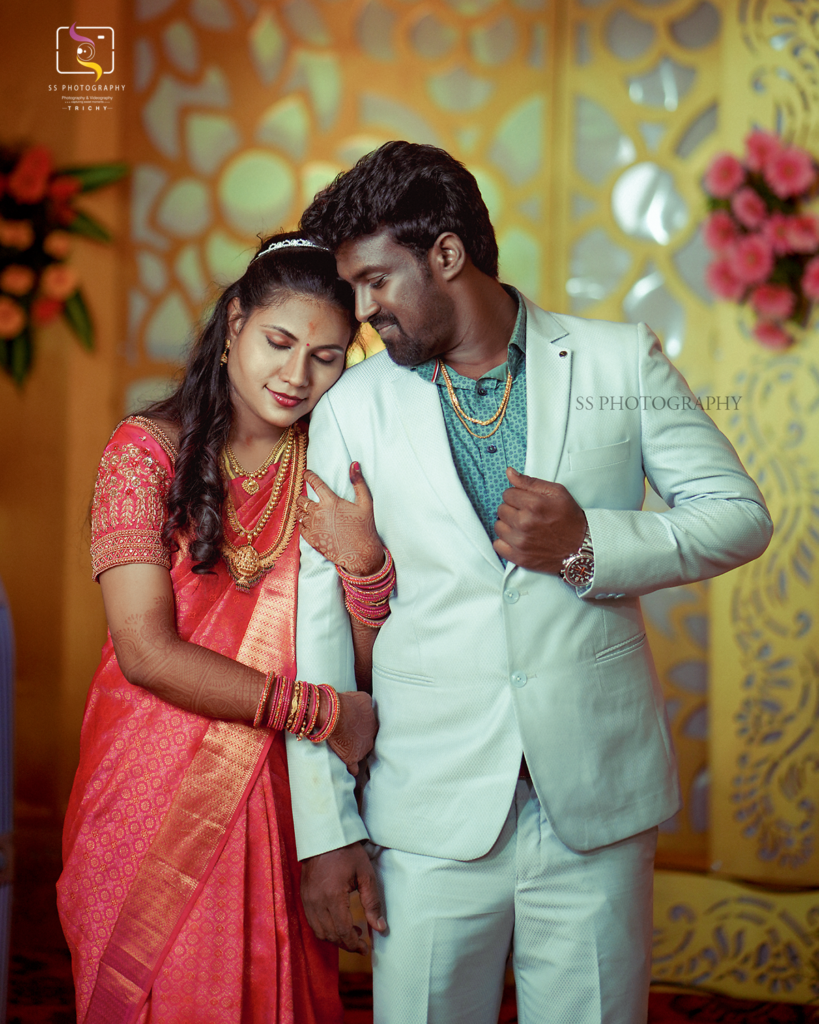As romantic relationships progress, couples often go through a series of steps that lead them closer to lifelong commitment. Two of the most important milestones in this journey are engagement and marriage. While both represent significant moments in a couple’s life, they are distinct stages with unique characteristics, traditions, and expectations. In this article, we will delve into the differences between engagement and marriage, exploring the key elements that set them apart and how they contribute to the overall development of a relationship.
What is Engagement?
Engagement is the formal agreement between a couple to enter into a marriage in the future. This stage typically involves a proposal in which one partner asks the other to marry them. In many cultures, the exchange of engagement rings signifies this commitment. An engagement period can last months or even years, depending on the couple’s preferences and circumstances. During this time, the couple usually plans their wedding, shares their intentions with friends and family, and works on building a strong foundation for their future married life together.
What is Marriage?
Marriage is the legally recognized union of two individuals, typically marked by a wedding ceremony. It involves merging their lives, including their legal, financial, and social statuses. Married couples often take on shared responsibilities, such as raising children, managing a household, and supporting one another emotionally and financially. While married couples’ same rights and obligations may vary depending on the jurisdiction and cultural norms, marriage generally signifies a long-term commitment to the relationship.
The Legal Differences Between Engagement and Marriage
There are several legal distinctions between engagement and marriage. When a couple is engaged, they have yet to enter a legally binding union. While engaged couples may have a moral obligation to one another, they generally do not have the same legal rights and responsibilities as married couples.
On the other hand, marriage is a legally recognized contract between two individuals. This contract grants them specific rights and obligations, such as the right to make medical decisions for one another, file joint tax returns, and inherit property. Dissolving a marriage, known as divorce, is also governed by legal procedures that do not apply to engagements.
The Social and Cultural Differences Between Engagement and Marriage
The social and cultural expectations surrounding engagements and marriages differ significantly. Engagements are often seen as a period of preparation for married life, during which couples may participate in pre-marital counselling, plan their wedding, and navigate various financial and logistical decisions. In many cultures, engagements are celebrated with parties or announcements, allowing friends and family to share in the couple’s excitement.
Marriages, on the other hand, carry more substantial social and cultural weight. Weddings are typically larger celebrations that involve the couple’s extended network of friends and family. Married couples are often viewed as a single unit, with societal expectations to fulfil various roles and responsibilities within their families and communities. In some cultures, marriage carries religious significance, with the union sanctified by a religious ceremony or spiritual blessing.
The Emotional and Psychological Differences Between Engagement and Marriage
The emotional and psychological aspects of engagement and marriage vary widely depending on the individuals involved and their personal beliefs about relationships. For many couples, engagement is an exciting time filled with anticipation and planning. It represents a significant step forward in their relationship as they publicly declare their intention to marry and build a life together.
Marriage, while also an emotionally significant milestone, may bring a new emotional depth and complexity to the relationship. Marriage’s permanence and legal aspects can contribute to feelings of security and stability. However, it may also introduce new challenges, such as navigating shared responsibilities and potential conflicts. For some couples, transitioning from engagement to marriage may bring a sense of contentment and fulfilment. In contrast, others may experience a period of adjustment as they adapt to their new roles and expectations.
The Role of Communication and Commitment in Both Stages
Both engagement and marriage require a strong foundation of communication and commitment. During the engagement period, couples often discuss their future together, including their goals, values, and expectations for married life. This stage is an important opportunity to ensure that both partners are on the same page and address potential concerns or disagreements.
In marriage, the importance of communication and commitment cannot be overstated. Couples must navigate various life challenges, such as financial issues, work-life balance, and raising children. Open and honest communication can help couples resolve conflicts and build a lasting partnership.
The Evolution of Relationships from Engagement to Marriage
While engagement and marriage are distinct stages in a relationship, they are also part of an ongoing process of growth and development. The transition from engagement to marriage often involves:
- A change in legal status.
- A deepening of emotional bonds.
- A greater understanding of one another.
As couples navigate the various stages of their relationship, they can grow individually and as a unit, continually building a foundation of trust, support, and love.
Conclusion:
Engagement and marriage are momentous milestones in a couple’s journey together, each marked by distinct characteristics and expectations. Although both stages signify a commitment to a shared future, they vary in terms of legal, social, cultural, emotional, and psychological aspects. Recognizing these differences can assist couples in navigating their relationships with greater clarity and purpose, ensuring that they are well-equipped for the joys and challenges ahead. A robust foundation of communication, dedication, and shared values can help couples make a smooth transition from engagement to marriage and establish a lifelong partnership grounded in love and mutual support. Additionally, hiring a professional wedding photographer can capture the precious memories of both the engagement and wedding ceremonies, which can be cherished for a lifetime.

